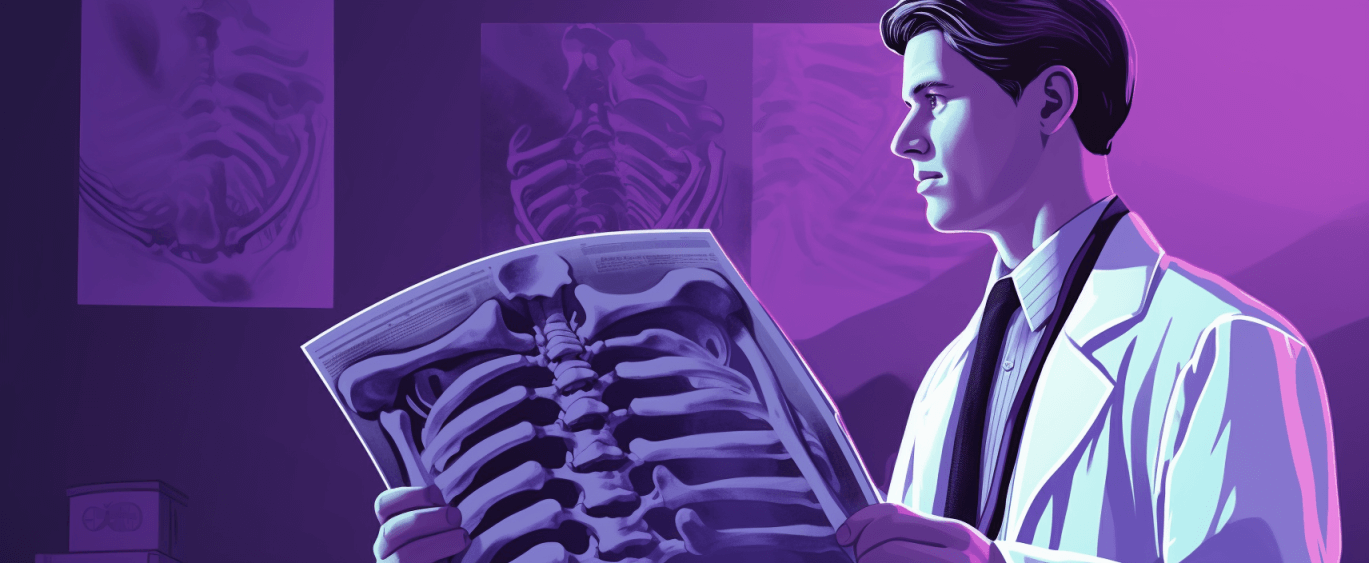Jennifer Horwitz Law regularly defends healthcare professionals throughout Washington against a variety of criminal charges. Backed by over 25 years of experience trying criminal cases, attorney Jennifer Horwitz has a proven history of achieving successful outcomes in state and federal court. If your future as a healthcare professional is in jeopardy, she has the skills and resources to protect your freedom and your livelihood.

Defending Against Accusations by Patients of Assault or Sexual Assault by Healthcare Professionals
Healthcare professionals may be vulnerable to allegations of abuse and misconduct by patients. The Washington Criminal Code recognizes several criminal offenses that could stem from contact with a patient in a healthcare setting, including:
- Assault
- Indecent liberties
- Sex offenses
Such criminal charges can have far-reaching consequences for health care providers, including potential jail time, registration as a sex offender, revocation of a professional license, and other penalties. If you have been accused of a criminal act against a patient as a healthcare provider, you need aggressive legal representation to secure your reputation, freedom and professional integrity.
Attorney Jennifer Horwitz has defended many clients, including healthcare providers, against assault and sex offenses in state and federal court. She brings compassion and strategic thinking to the complex situation that health care providers face when responding to patient accusations. Jennifer will never judge you and instead will work with you to defend your very important rights during this difficult time.
Other Criminal Charges Jennifer Horwitz Defends Healthcare Professionals Against
In addition to criminal charges arising from patient interactions, Jennifer Horwitz Law has extensive experience defending healthcare professionals against a wide range of state and federal offenses, including:
Health Care Fraud
Healthcare providers can face state or federal charges for accusations of insurance, Medicaid or Medicare fraud. There are statutes criminalizing this conduct under state law, such as RCW 48.80 (Health Care False Claims Act) and RCW 74.67 (Medicare Fraud Control Unit), and federal law (42 USC Section 1347).
Healthcare fraud cases typically arise when a medical professional or healthcare entity (e.g. hospital, lab, pharmacy) is accused of submitting fraudulent claims to Medicare, Medicaid or an insurance company. Some common examples of healthcare fraud include:
- Billing for services not provided
- Administering unnecessary services
- Billing for a more costly service than what was provided (Upcoding)
- Billing each stage of a procedure as separate procedures (Unbundling)
A healthcare fraud investigation can be triggered by an administrative audit or a whistleblower complaint, which means that prosecutors typically have a head start compiling evidence and building a case. A conviction for healthcare fraud can result in significant penalties, including imprisonment and fines.
Whether you are facing healthcare fraud charges at the state or federal level, Jennifer Horwitz will choose the best line of defense. Depending on the circumstances, it may be possible to show that you made a mistake by inadvertently omitting information or billing improperly.
Kickbacks
Under the federal Anti-Kickback Statute (42 USC Section 1320), doctors and other medical providers are prohibited from paying or receiving remuneration or anything of value with the intent to influence the purchase or sale of healthcare products or services payable under any federal health care program or state healthcare program that receives federal money.
The law is designed to keep medical decisions free of the influence of monetary gain and to prevent abuse of the healthcare system. The Anti-Kickback Statute imposes criminal penalties (up to 5 years in prison, and fines up to $25,000) as well as civil penalties of up to $50,000 per violation plus three times the amount of any overpayment.
It is worth noting that the Patient Protection and Affordable Care Act (Obamacare) lowered the government’s burden of proof in Anti-Kickback cases: prosecutors are no longer required to demonstrate that the accused knowingly violated the law to prove illegal intent.
On the other hand, the Anti-Kickback statute provides “safe harbors” for certain types of referrals by healthcare providers. A defense against an Anti-Kickback Statute charge often involves a technical analysis of whether certain agreements fall within those safe harbor provisions. The best way to defend yourself against paying or receiving illegal kickbacks for healthcare products and services is to consult Jennifer Hortwitz Law.
Self-Referrals
Under the Stark Law (42 USC Section 1395nn), physicians and medical professionals are prohibited from referring Medicare patients for certain designated health services to any entity in which they (or a family member) have a financial relationship. Because the Stark Law is a strict liability statute, prosecutors are not required to prove the defendant’s intent. Therefore, a doctor who mistakenly violates this law may still be held liable.
Although the Stark Law is not a criminal statute, violations are punishable by significant civil penalties: $15,000 for each service based on a prohibited referral plus three times the amount of the overpayment. In addition, those who are found to have knowingly violated the Stark Law face the potential of being excluded from participating in Medicare, Medicaid and other federal healthcare programs (referred to as “debarment”).
Jennifer Horwitz will leverage her knowledge of the Stark Law and insight into the tactics of government prosecutors to protect you against potential penalties and keep your practice in good standing.
Drug Distribution Charges Against Healthcare Professionals
Because of the nation’s ongoing opioid epidemic, healthcare professionals have been under enhanced scrutiny for drug diversion. In particular, doctors, nurses, pharmacists and other licensed health care providers may be charged with a crime under state or federal law for unlawful distribution of prescription drugs, including narcotics.
Drug distribution charges can be brought under federal law (21 USC Section 841(a)) or state law (RCW 69.50). In both instances, the possible penalties can be serious and are driven by the specific facts of the case.
Common examples of drug diversion include:
- Falsifying a patient’s medical condition to prescribe narcotics
- Prescribing more medication than a patient requires
- Forging a prescription
- Stealing narcotics from a hospital
Jennifer Horwitz Law has a proven track record of successfully defending physicians, nurses, pain management clinics and pharmacies against drug diversion/trafficking charges.
Protect Your Freedom and Livelihood by Contacting an Experienced Criminal Defense Attorney
Over the course of a career as a healthcare provider, many professionals are placed in a position where they may be accused of inappropriate conduct. Such allegations can not only ruin a career but may also result in criminal prosecution.
If you are accused of criminal activity such as assault, sexual assault, unlawful distribution of prescription drugs, healthcare, Medicare or Medicaid fraud or violations of the Anti-kickback law, you need the guidance of trusted legal counsel to protect your rights.
With over 25 years of experience defending criminal allegations in state and federal court, Jennifer Horwitz Law has the skills necessary to protect your rights. Contact Jennifer Horwitz Law today for compassionate and dedicated advocacy. Jennifer Horwitz is located in Seattle, WA, and also serves the areas in and around King County, Issaquah, Sammamish, and Bellevue.

